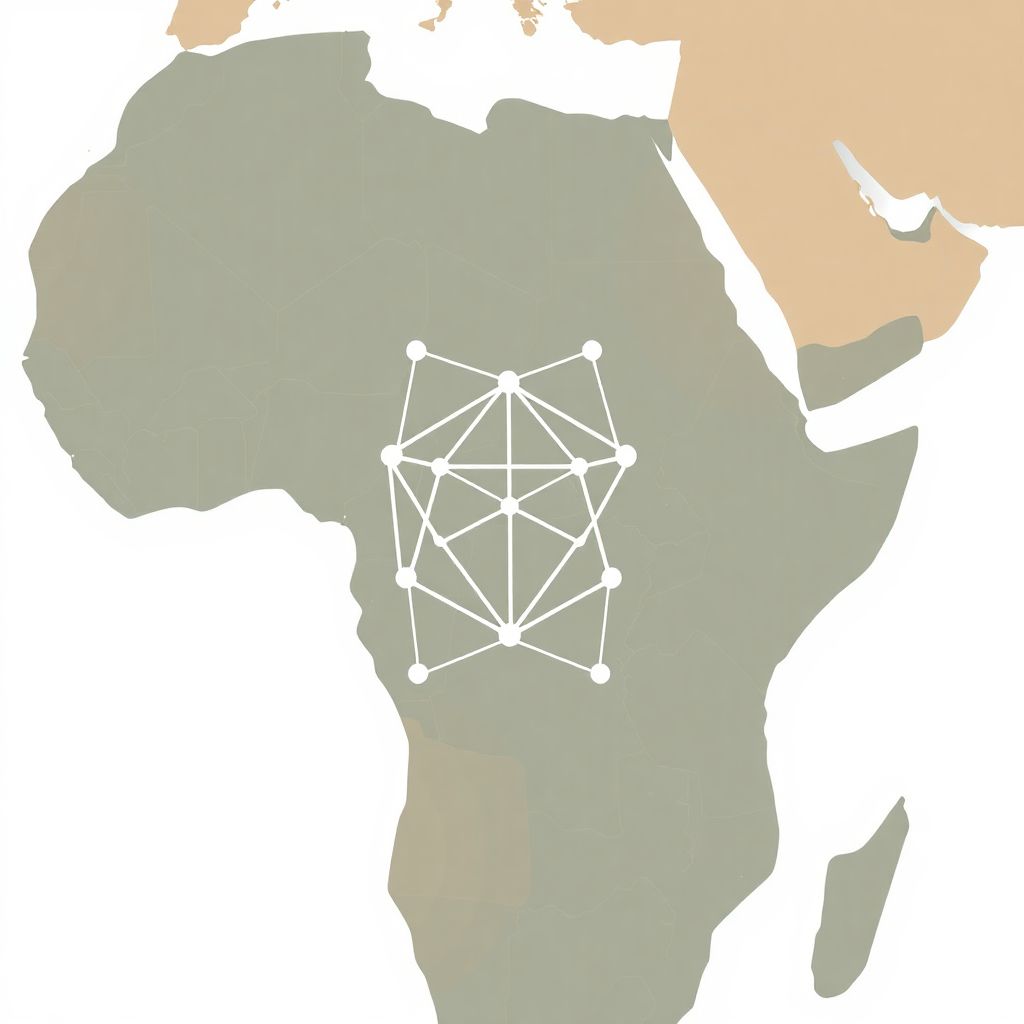Nigeria’s leading financial technology firm, Flutterwave, has announced a strategic collaboration with Polygon Labs to develop a stablecoin-based cross-border payment system across Africa. The initiative is designed to enhance the speed and affordability of financial transactions throughout the continent, ushering in a new era of digital finance driven by blockchain innovation.
The new network will span 34 African nations, leveraging Polygon’s robust blockchain infrastructure to facilitate seamless transactions. Polygon’s Layer 2 solution on Ethereum is renowned for providing fast, scalable, and cost-effective alternatives to traditional blockchain networks, making it an ideal foundation for this ambitious project.
Flutterwave CEO Olugbenga Agboola emphasized the transformative potential of the partnership, stating that the introduction of stablecoin-powered payments could significantly reshape financial flows across Africa. Agboola noted that the platform could potentially increase current transaction volumes tenfold, offering businesses and consumers a more efficient and reliable alternative to legacy financial systems plagued by high fees and slow processing times.
This development comes amid a significant rise in stablecoin usage throughout Africa. As inflation and currency volatility continue to affect many African economies, digital assets like USDT and USDC are increasingly being used as tools to preserve value and enable cost-effective remittances. These dollar-pegged cryptocurrencies provide a stable medium of exchange, particularly in regions where local currencies are prone to devaluation.
A recent Chainalysis report highlighted that remittances sent via stablecoins are approximately 60% cheaper than traditional fiat-based transfers. For example, sending $200 from one Sub-Saharan African country to another using stablecoins offers substantial savings, making digital currencies a preferred choice for both individuals and businesses.
Moreover, Chainalysis data revealed a notable increase in on-chain transaction volumes in Sub-Saharan Africa as of March 2025, even as other global regions reported declines. This surge in activity has been linked to intensified economic instability in countries like Nigeria, where depreciating local currencies have driven greater adoption of stablecoins and Bitcoin.
The momentum for digital currency adoption is further reinforced by growing regulatory clarity in the region. Governments in countries such as Nigeria, Kenya, Ghana, and South Africa are increasingly introducing more transparent and supportive crypto frameworks. These regulatory advancements are encouraging innovation while offering greater protection to consumers and fostering trust in digital financial systems.
Stablecoins are particularly well-suited to address Africa’s unique financial challenges. Many African nations suffer from limited access to traditional banking infrastructure, high remittance fees, and inefficient cross-border payment systems. Stablecoins can bypass many of these hurdles, offering instant, low-cost, and secure transactions with minimal reliance on intermediaries.
In addition to personal remittances, the use of stablecoins is poised to revolutionize B2B payments and international trade across Africa. Businesses that operate across borders often face significant delays and costs when settling invoices in different currencies. A stablecoin-based system could streamline these transactions, reduce currency conversion risks, and enhance overall economic productivity.
Education and digital literacy will play a key role in ensuring the success of Flutterwave and Polygon’s initiative. For widespread adoption, users must understand how to interact with digital wallets, manage private keys, and recognize the benefits of blockchain-based finance. Ongoing community outreach and training programs will be essential to build trust and usage at the grassroots level.
Furthermore, the partnership between Flutterwave and Polygon reflects a broader trend of fintech innovation in the Global South. As traditional financial institutions struggle to meet the needs of rapidly growing and youthful populations, fintech startups are stepping in to offer customized, tech-driven solutions that are more inclusive and scalable.
Security and compliance will also be critical focal points. As the platform expands, it will need to adhere to evolving anti-money laundering (AML) and know-your-customer (KYC) standards across diverse regulatory environments. Leveraging blockchain’s inherent transparency can help facilitate compliance while preserving the efficiency and decentralization of the system.
Ultimately, the collaboration marks a significant milestone in Africa’s journey toward financial inclusion and digital transformation. By integrating stablecoins into everyday financial activities, Flutterwave and Polygon are not only modernizing payments but also empowering millions of Africans with tools for economic independence and resilience.
As this stablecoin-powered network rolls out, its success could serve as a model for other regions facing similar financial barriers. It underscores the potential of blockchain to democratize access to capital, reduce systemic inefficiencies, and foster cross-border collaboration in emerging markets.

